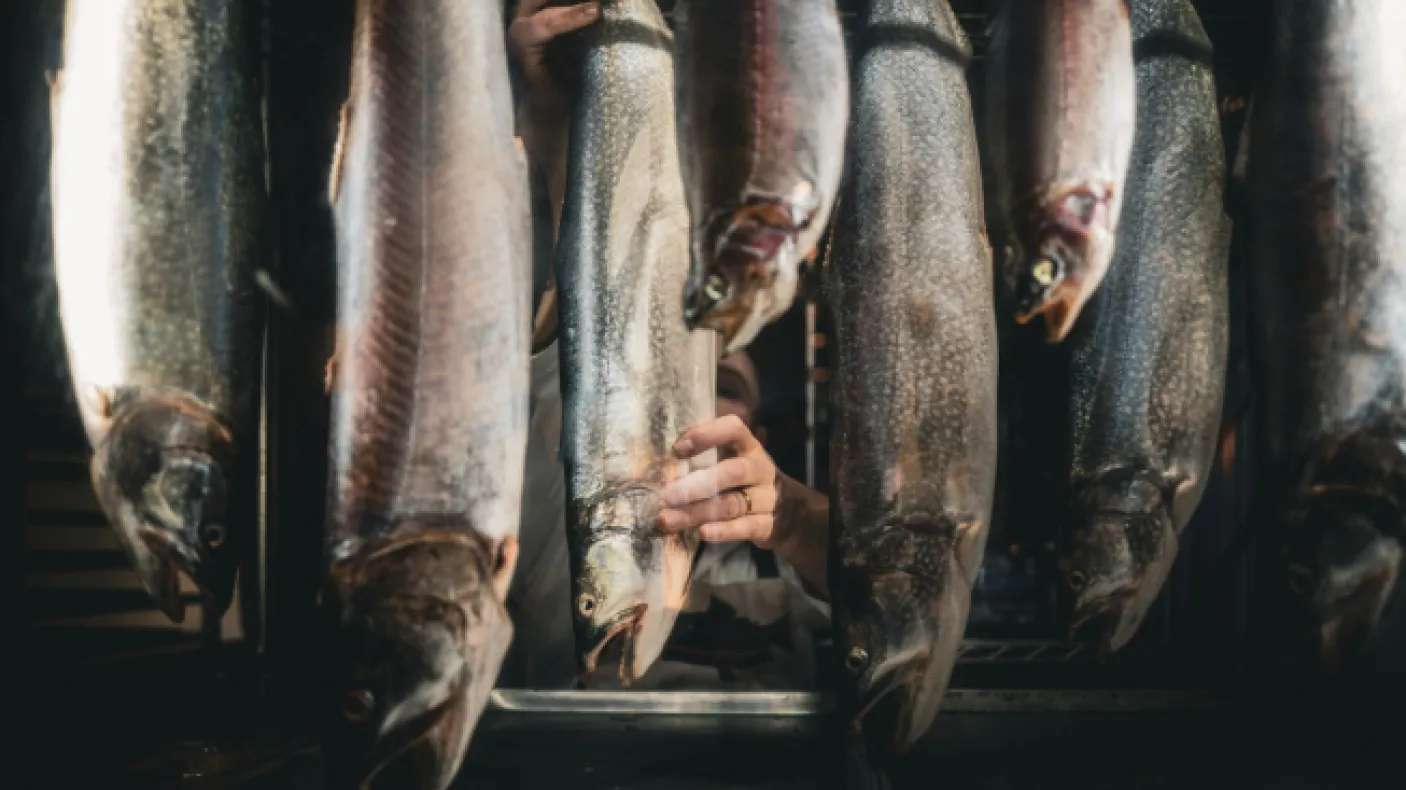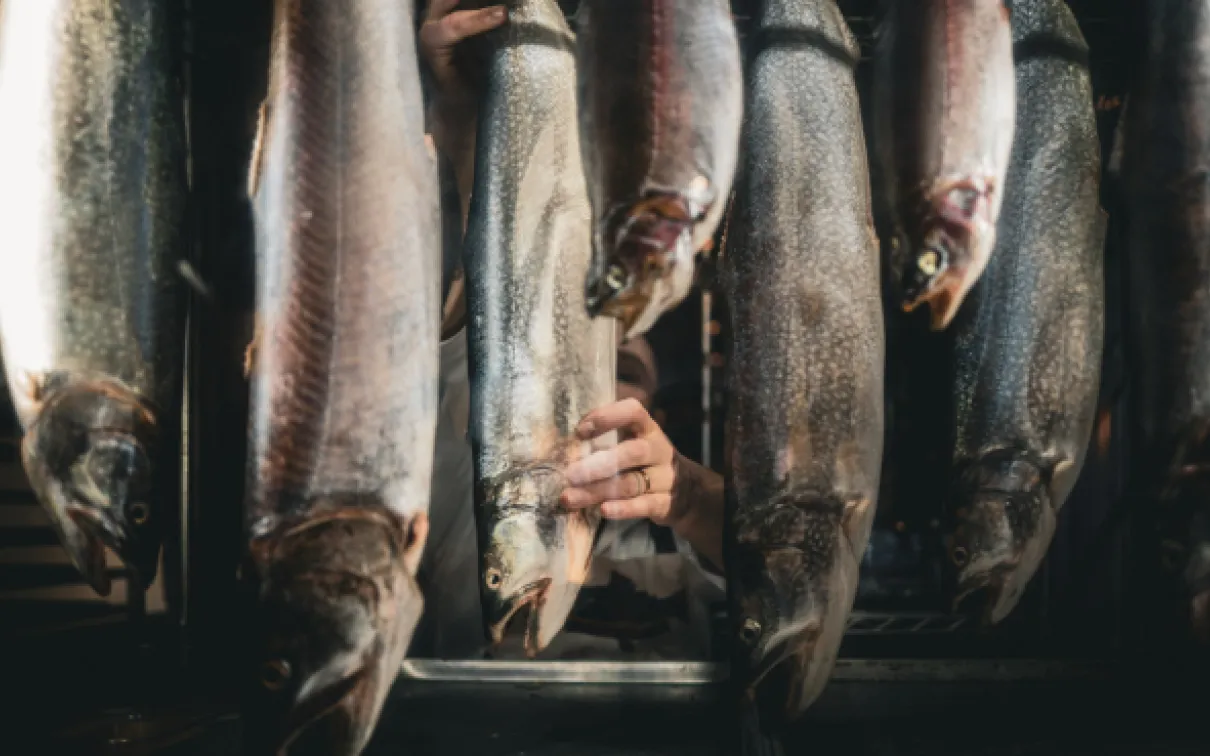Curator Conversations: An Affinity for Regional Seafood - How Eating Local Supports People and the Environment
Category
Audience
Age
About
How can eating locally sourced fish contribute to the health of humans, local fish populations, and the Great Lakes ecosystem, and help mitigate the impact of climate change? How can one eat sustainably while on a budget? And how can one tell if the fish they buy is from Ontario?
Nathan Lujan hosts a digital conversation with Affinity Fish co-founders Jon Klip & Matt Taylor, and Indigenous supplier Jordane Chegahno on their work to encourage people to eat premium freshwater fish from the Great Lakes. This conversation will explore the wealth of local freshwater resources in the Great Lakes region, highlight the importance of sustainable fish stocks, and discuss the value of eating local to environmental sustainability efforts.
Recorded June 8, 2023





